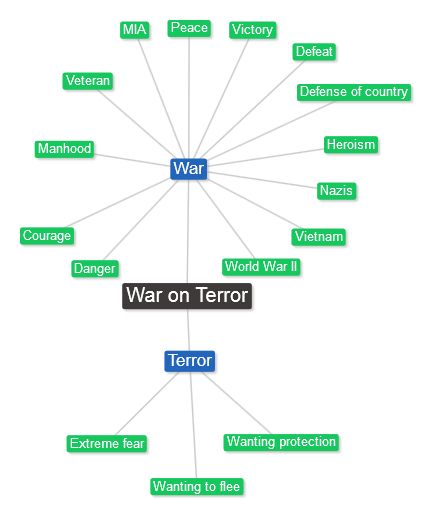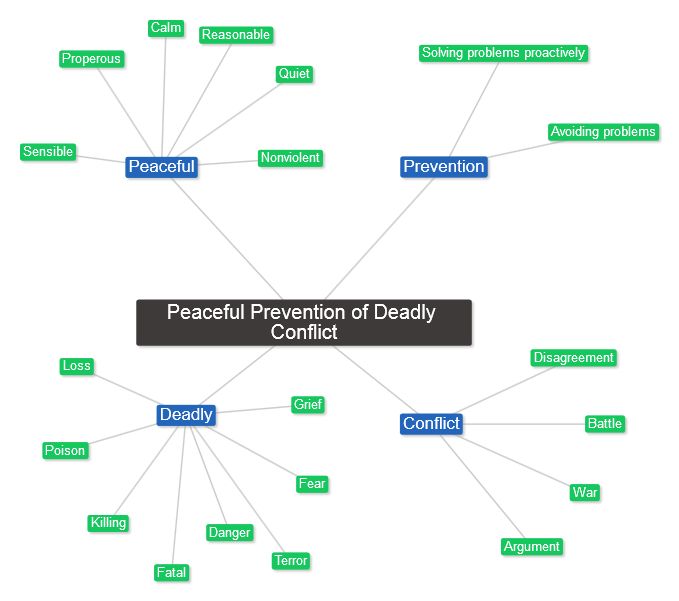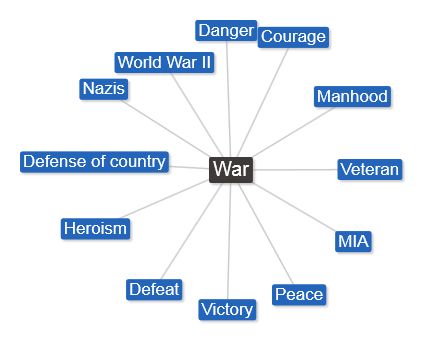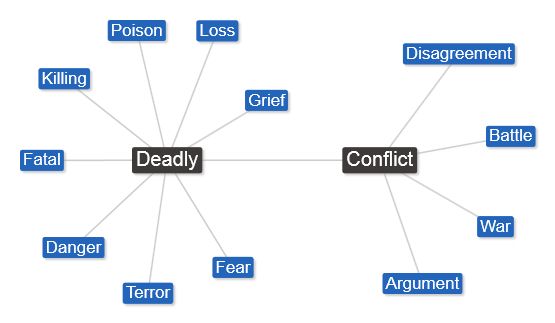Welfare recipients. Social Security recipients. Unemployment recipients. The word recipients inaccurately frames the people involved as passive supplicants.
The truth is that Americans participate in these and many other social insurance and assistance programs and should be acknowledged as participants. For example, the program today known as “welfare,” TANF, requires most participants to get and keep a job, go to college, or to participate in a job-training program. Far from being a handout, it’s hard work.
We pay Social Security premiums all our working lives, and when the checks start coming, that money is the benefit we have earned. And should we need unemployment insurance, we have earned that benefit by working for our employers. Furthermore, those receiving unemployment insurance checks generally are required to document applying for jobs each week.
We should recognize people’s participation and avoid calling them “recipients.” They are TANF participants, Social Security participants (or beneficiaries), and unemployment insurance participants (or beneficiaries).
For Social Security and unemployment insurance, the term beneficiaries also is appropriate because those are insurance programs.
But what do you think? Am I splitting hairs, or does the distinction matter?



